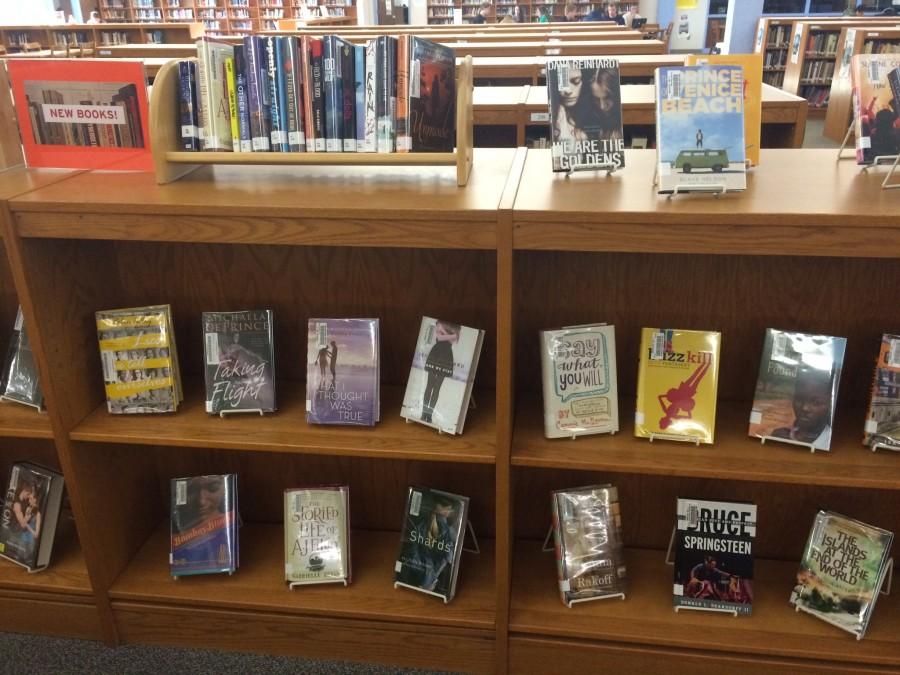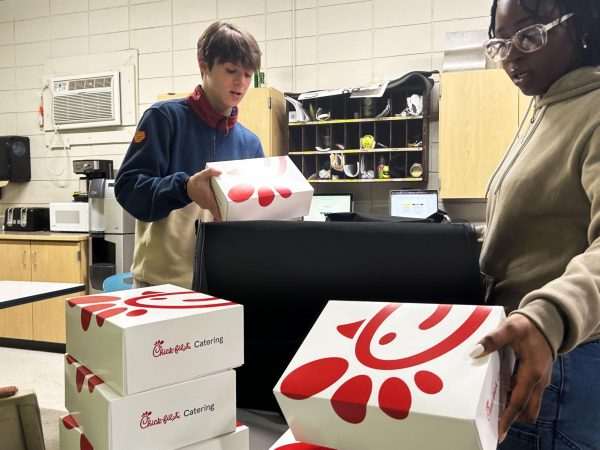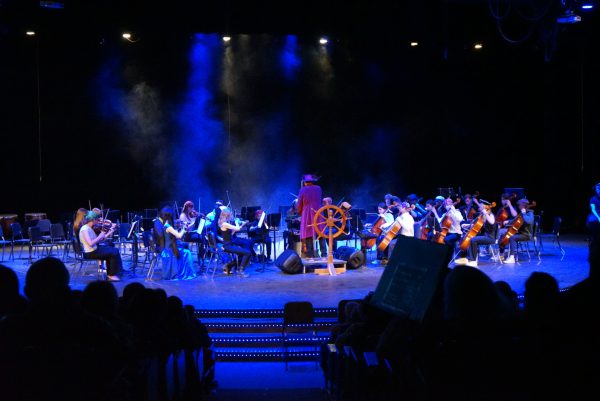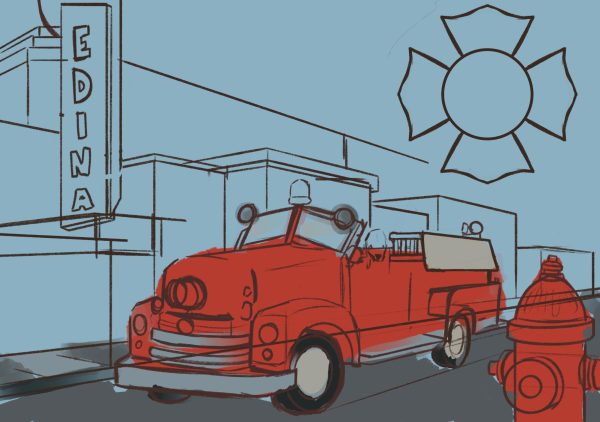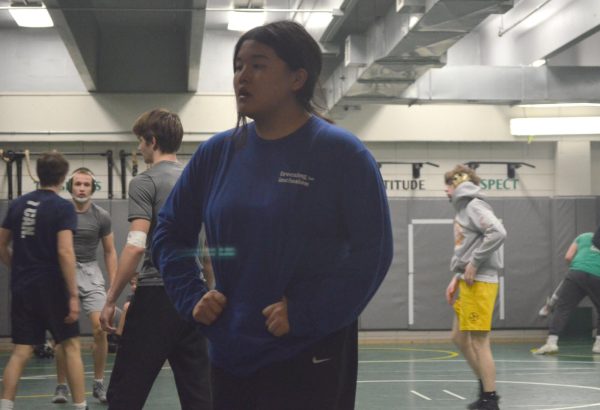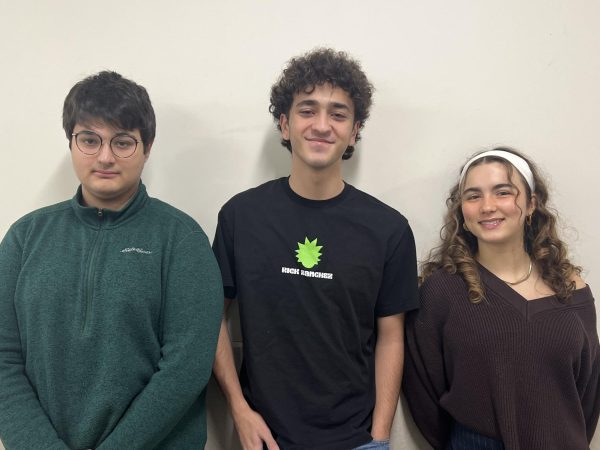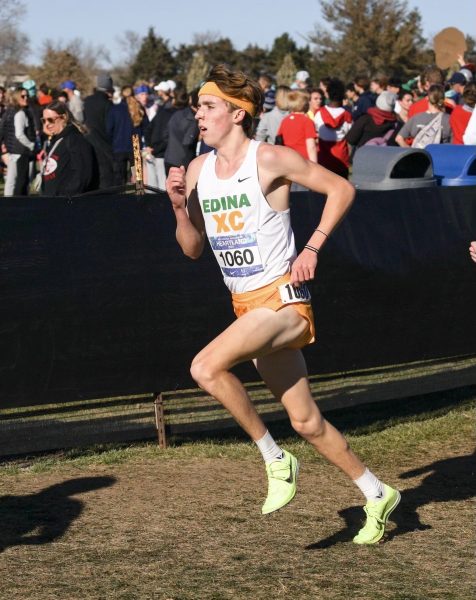EHS Media Center Participates in ‘Banned Book Week’
“It’s exciting to know the power behind words, and to know that people can react and respond differently to different books. I think this week is purposeful in getting people to understand that what one community thinks is a great book to read, another community might have concerns with.” These are the words of Sara Swenson, the Edina High School Media Specialist, summing up what banned books week is about. Though banned books week is over, Edina Public Schools still supports student access to controversial books.
Why does a parent or community member try to ban books in the first place? The reasons vary, but according to the Office for Intellectual Freedom, around a quarter of the 5,099 books that have been challenged in the past decade have been found offensive because of sexual content. Another 20% drew their complaints for partially religious reasons (arguments have been made about the presence of homosexuality, satanism, controversial religious viewpoints, and being anti-family). These arguments have made the “Harry Potter” series the most commonly banned book. Almost all of the rest of the arguments have focused on violent or profane content or that a book, more vaguely, is “unsuited to age group”.
When asked if a book should ever be banned, Swenson replied with the simple answer of “no.” That seems to be Edina’s general attitude towards banning books any week of the year. There has never been a request to ban a book in the memory of Swenson, although there is a process of dealing with such requests.
Yes, Edina has a history of encouraging students to read all kinds of literature. But what about when the school makes the jump from giving students the option to read controversial books to making them required reading?
The English Department isn’t unanimous on its decisions about which books to read.
Sally Larkins teaches World Literature and Pre-AP English 10. Of the 11 required reading books in Pre-AP English 10, six of them have been challenged regularly for violence, anti-semitism, racism, and sex.
“They’re hard conversations to have,” said Larkins about sexual assault, one of the elements in the books that got them challenged. “It’s hard as a teacher, I think, to sometimes talk about those issues. I think we really do believe that it’s important to break the silence because in that silence the bad stuff continues to prevail.”
Of course, challenged books are not restricted only to Pre-AP 10. Blended US Literature is currently reading “The Fault in our Stars”, a book that has recently been challenged, and successfully banned in California for its depressing overtones of death.
The English Department isn’t unanimous on its decisions about which books to read. “‘The Adventures of Huckleberry Finn’ is a troubling text… I personally don’t want to teach that book,” said Blended US Literature teacher Joelle Reiling. However, Reiling made it clear that she wasn’t suggesting restricting access of the book to others and “wouldn’t judge” another teacher for choosing to teach it. She cited her reasons as the racially offensive language.
And, as Larkins pointed out, students do have an option not to read the books if they really do object to the subject material. “We are fully in support of the policy that says that a student doesn’t have to read a book that they don’t want to and we are obligated to provide them an alternative text,” said Larkins. The most common example of this policy is the Pre-AP 10 book “The Color Purple”, objected to by some students for its scenes of sexual abuse. The alternative texts provided have been “The Immortal Life of Henrietta Lacks” and “The Warmth of a Thousands Suns”, both of which have similar themes to “The Color Purple”.
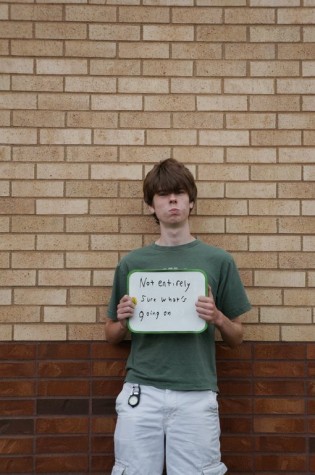
John Shipman Osler III is currently a junior at Edina High School, and is happy to have made it through sophomore year. He is involved in his second year...
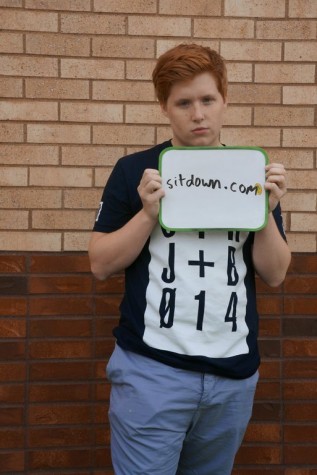
Drew Davis decided that it would be pathetic to recycle his sophomore year bio a third time, so he wrote a new one. Drew is thrilled to be online editor...

